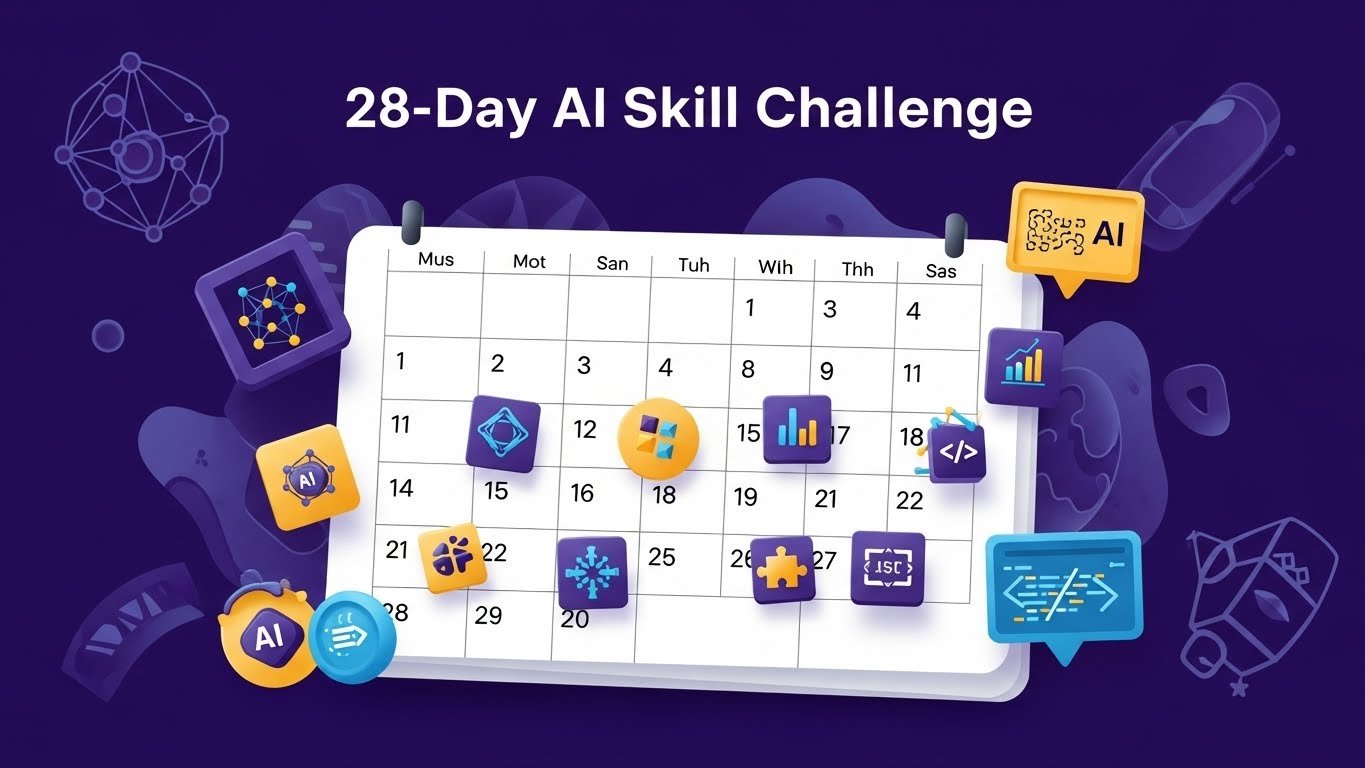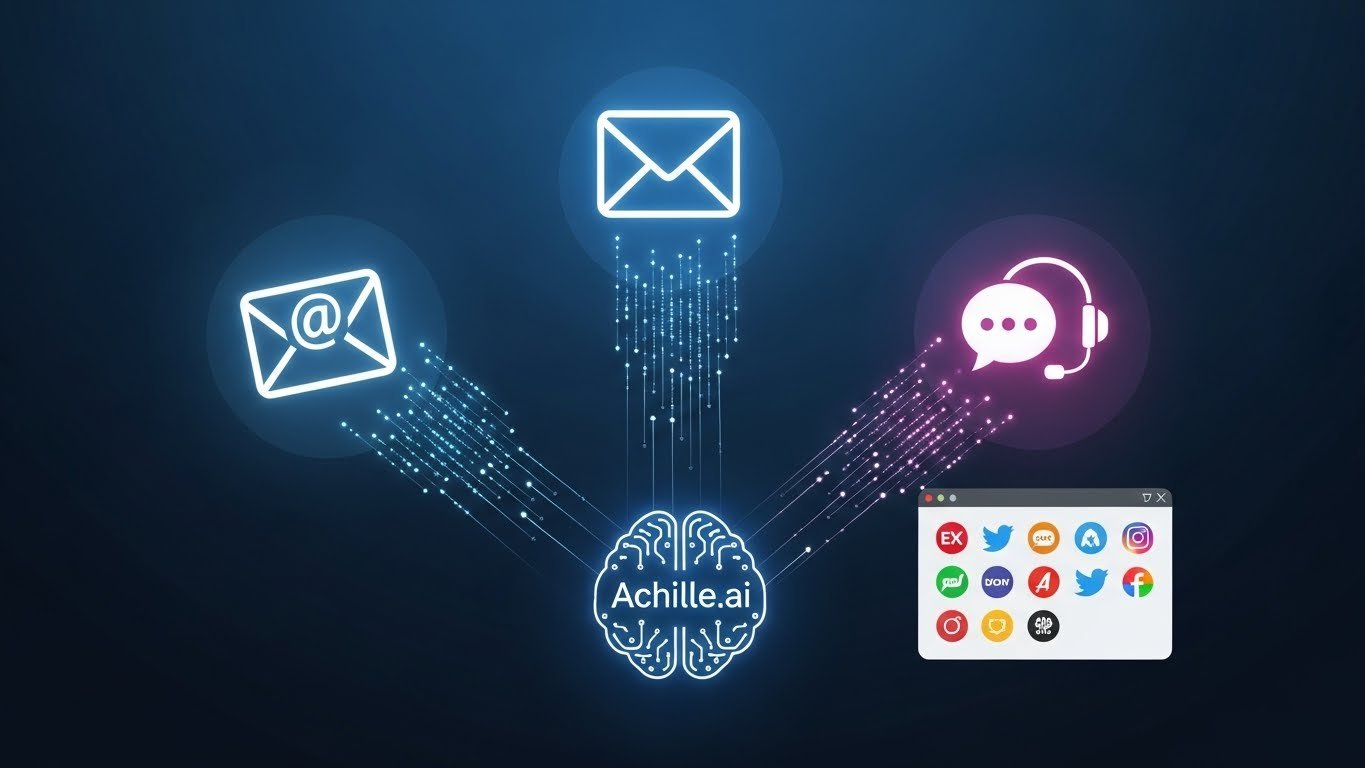In today’s fast-paced digital world, customer satisfaction has become the key to business success. One of the most reliable metrics to gauge customer satisfaction is the Customer Satisfaction Score (CSAT). A strong CSAT score indicates that customers are happy with the service or product provided. But as the landscape of customer support evolves, businesses are increasingly turning to Artificial Intelligence (AI) to enhance their support services.
AI has the potential to revolutionize customer service by improving response times, automating routine tasks, and offering 24/7 availability. But does this lead to higher CSAT scores? In this article, we will explore the relationship between CSAT scores and AI-driven customer support, based on recent studies. Whether you’re a business owner, customer service professional, or simply interested in the future of customer support, this article will give you the insights you need to understand how AI can impact your CSAT score.
What is CSAT and Why Does it Matter?
Before diving into the specifics of AI in customer support, it’s essential to understand what CSAT is and why it plays a critical role in measuring customer satisfaction.
Understanding CSAT Score
CSAT, or Customer Satisfaction Score, is a metric that measures how satisfied customers are with a company’s product or service. It is typically calculated through a short survey that asks customers to rate their satisfaction on a scale of 1-5 or 1-10, following an interaction with a business (e.g., a support ticket, call, or purchase).
The formula to calculate CSAT is simple:
CSAT=(Number of Satisfied CustomersTotal Survey Responses)×100CSAT = \left( \frac{\text{Number of Satisfied Customers}}{\text{Total Survey Responses}} \right) \times 100
A higher CSAT score generally indicates that customers are happy with the support they received. It is an important metric for businesses, as it reflects the effectiveness of their customer service strategies and helps pinpoint areas for improvement.
Why CSAT Matters in Customer Support
CSAT provides valuable insights into customer experiences, allowing businesses to evaluate whether their support teams or AI systems are meeting customer expectations. A high CSAT score means customers are likely to return and recommend the business, driving loyalty and increasing revenue.
In fact, studies have shown that companies with high CSAT scores tend to have a larger customer base and better retention rates. For example, a report by Zendesk found that businesses with top-tier customer service experience 10% higher customer retention, resulting in significant long-term growth.
How AI is Changing the Landscape of Customer Support
AI has proven to be a game-changer in various industries, and customer support is no exception. From chatbots to voice assistants, AI tools are now integrated into customer service operations to automate repetitive tasks, reduce wait times, and provide consistent, efficient service.
But does AI contribute to improved CSAT scores? Let’s explore how AI is impacting customer support interactions and its potential to influence CSAT.
How AI Improves Customer Support
1. Speed and Efficiency
AI-driven support tools can handle customer queries instantly, reducing wait times significantly. For example, chatbots can provide instant responses to frequently asked questions, ensuring that customers don’t have to wait in long queues. In a study by Forrester, companies using AI for customer service reported a 30% reduction in average response time. This enhanced efficiency directly impacts CSAT scores, as customers value quick resolutions.
2. 24/7 Availability
AI-powered customer support is available around the clock, allowing customers to get assistance whenever they need it, regardless of time zones. This is particularly beneficial for global companies with customers across different regions. A report from Gartner highlighted that 24/7 AI support can improve CSAT scores by up to 27%, especially in industries like e-commerce and SaaS, where customers often seek immediate answers.
3. Personalization
AI has become incredibly adept at understanding customer preferences and tailoring responses accordingly. Using data from previous interactions, AI systems can provide personalized recommendations and solutions, making customers feel heard and valued. Personalized experiences are a key driver of customer satisfaction. In fact, Salesforce reports that 70% of customers expect personalized interactions, and businesses that meet these expectations see higher CSAT scores.
4. Consistency
AI ensures that customers receive consistent responses. Unlike human agents, AI doesn’t get fatigued or make errors due to lack of focus, ensuring that every customer receives the same quality of support. This consistency builds trust, an important factor in customer satisfaction.
Does AI Lead to Higher CSAT Scores?
While AI offers several benefits, the key question is whether it actually leads to higher CSAT scores. Several recent studies and reports provide valuable insights into this relationship.
Study 1: AI’s Impact on CSAT in the Retail Sector
A study by Accenture on AI in customer service revealed that AI-driven customer support solutions resulted in a 25% increase in CSAT among retail customers. This improvement was largely due to faster resolution times, better availability, and the automation of routine queries, allowing human agents to focus on more complex issues.
Study 2: AI and CSAT in the Telecommunications Industry
In the telecommunications industry, AI was used to streamline call center operations, reducing customer wait times and handling high-volume support tickets more effectively. According to a report by McKinsey, AI implementation in telecom customer support led to a 17% improvement in CSAT scores, particularly in regions where customers typically experienced long wait times.
Real-Life Examples of AI in Customer Support
To better understand the impact of AI on CSAT scores, let’s look at a few real-life examples where AI has made a tangible difference in customer support.
Example 1: T-Mobile’s Use of AI Chatbots
T-Mobile, a leading telecom provider, has integrated AI-powered chatbots into its customer support system. These chatbots handle a significant number of routine inquiries, such as account balance checks and troubleshooting. As a result, T-Mobile has reported a 30% reduction in customer wait times, leading to an improvement in their overall CSAT score.
Example 2: H&M’s Virtual Assistant
H&M, a global fashion retailer, uses an AI-powered virtual assistant to assist customers with product inquiries, order tracking, and store locator services. Since integrating this AI system, H&M has reported higher CSAT scores and a reduction in the need for human intervention, allowing their support staff to focus on more complex issues.
Limitations and Challenges of AI in Customer Support
While AI offers significant benefits, it’s important to acknowledge the limitations of AI in customer support. AI systems, though efficient, still struggle with more complex, emotional, or nuanced customer issues. Human agents remain crucial for providing empathetic and tailored support in such situations.
Common Challenges of AI in Customer Support
-
Lack of Emotional Intelligence: AI systems, while efficient, lack the emotional intelligence that human agents bring to sensitive situations.
-
Customer Frustration: Some customers may feel frustrated when interacting with a bot, especially if their issue is not addressed to their satisfaction.
-
Technical Limitations: Not all AI systems are perfect; glitches or misunderstandings can occur, potentially leading to a poor customer experience.
Conclusion
AI has undeniably changed the landscape of customer support, offering businesses the tools to improve efficiency, reduce costs, and enhance customer satisfaction. By streamlining support processes and offering 24/7 availability, AI systems have the potential to boost CSAT scores significantly. However, the key to success lies in combining AI tools with human support for more complex issues.
As AI continues to evolve, businesses must stay ahead of the curve by integrating the right technologies to maintain a high level of customer satisfaction. By doing so, companies can improve their CSAT scores and build long-lasting relationships with their customers.
FAQs
Q1. How does AI improve CSAT scores?
AI improves CSAT scores by enhancing speed, providing 24/7 support, offering personalized responses, and ensuring consistency in customer service interactions.
Q2. Is AI better than human agents for customer support?
AI is excellent for handling routine and repetitive tasks, but human agents are still essential for managing complex or emotional customer interactions.
Q3. What industries benefit the most from AI in customer support?
Industries like retail, telecommunications, and SaaS benefit the most from AI in customer support, as it helps reduce wait times and handle high volumes of inquiries effectively.
Q4. How do AI tools contribute to customer satisfaction?
AI tools contribute to customer satisfaction by reducing response times, offering personalized experiences, and ensuring customers receive consistent and reliable support.
Q5. Can AI completely replace human support agents?
No, while AI can handle many tasks, human agents are still necessary for handling complex, emotional, or nuanced issues that require empathy and understanding.








Leave a Reply